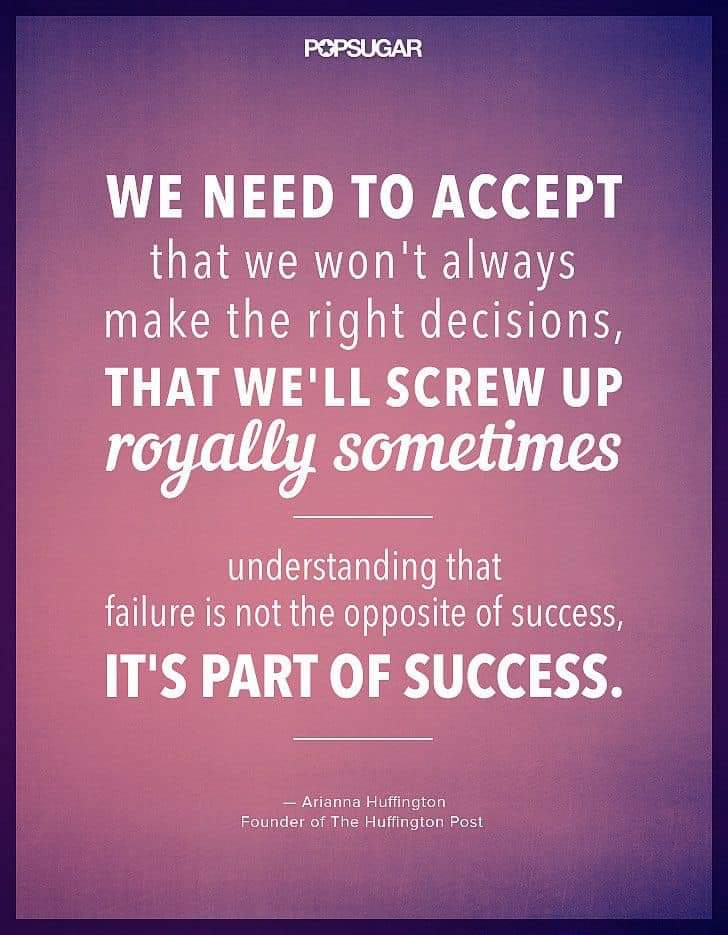I want to share something that may resonate with many people who live with hidden or long term health conditions.
My illness is not always visible. From the outside, I may look well, but much of my life involves managing symptoms, navigating limits, and making choices that those without chronic health challenges might never need to think about. This is simply my reality, and one I work with every day.
This past year has brought significant challenges. I experienced the loss of both of my parents to cancer, and alongside that grief, I was in a coercive and controlling relationship that left little space for emotional processing or recovery. More recently, I have been dealing with an illness that has required multiple rounds of antibiotics and extended periods of rest.
Despite taking good care of myself, there are times when even the best self-care does not prevent setbacks. Those moments can be discouraging, but they are part of living with a complex health picture.
Within the past week, I went out with a trusted friend not to drink or be reckless, but simply to reconnect with a part of myself that has been overshadowed by grief, illness, and responsibility. For a short while, I smiled, laughed, and felt like myself again. These moments matter deeply for emotional wellbeing.
A photo from that evening was later shared, and some of the responses suggested judgement about whether I “should” be out while also talking openly about my health struggles. This offered an important reminder:
People often see a single moment but not the context around it. They see the photograph, not the fatigue. They see the smile, not the symptoms.
Living with a long term or fluctuating condition doesn’t mean withdrawing from life entirely. It means making careful, considered choices about when to rest and when to participate in the things that support mental and emotional health.
So I share this gently and respectfully:
Please be kind. Not all illness is visible, and not all struggles are obvious.
For anyone facing similar misunderstandings, you are not alone. Your lived experience is valid, and you are allowed moments of joy even while navigating difficulty.
Below is the picture
... See MoreSee Less

